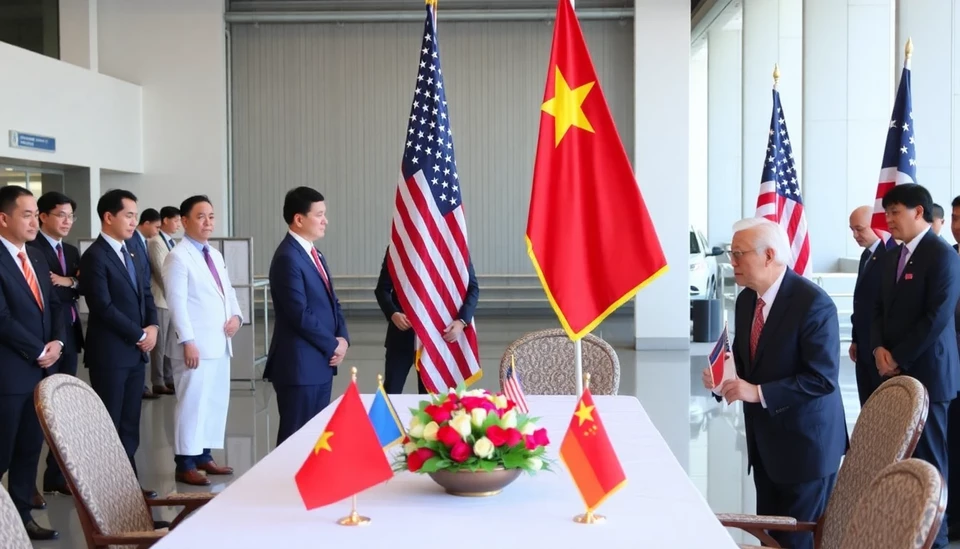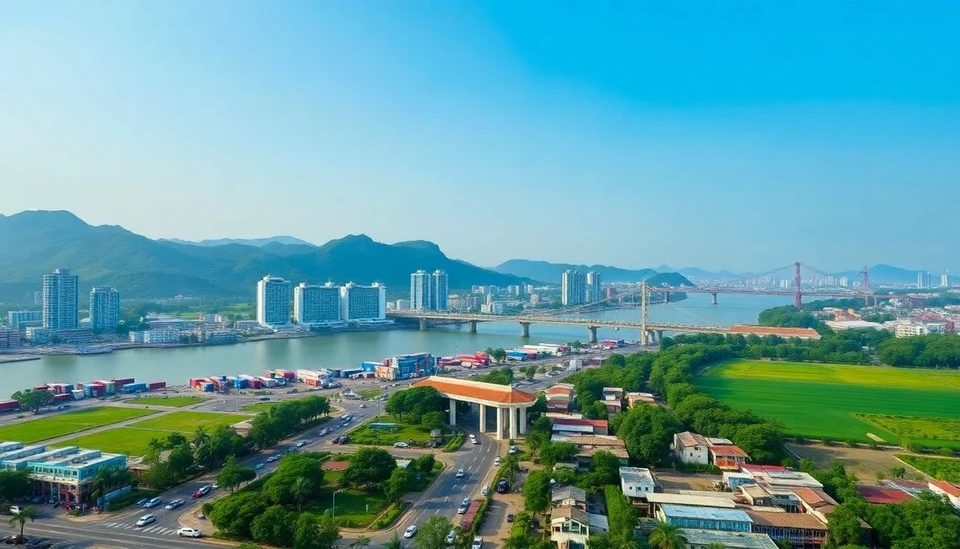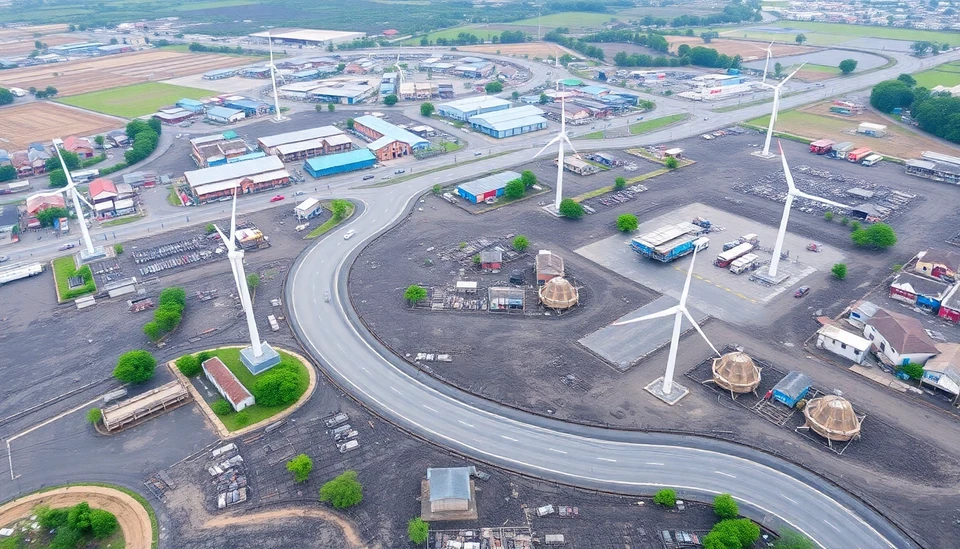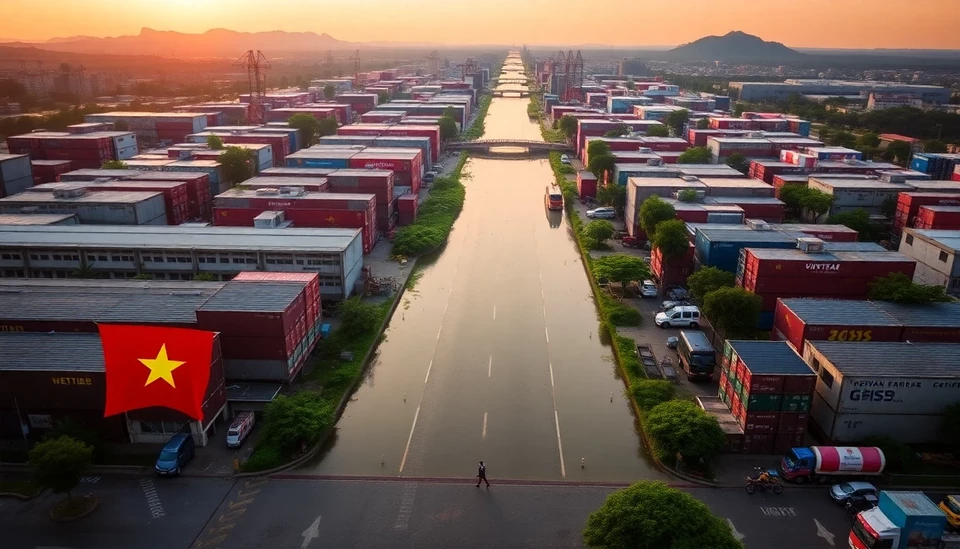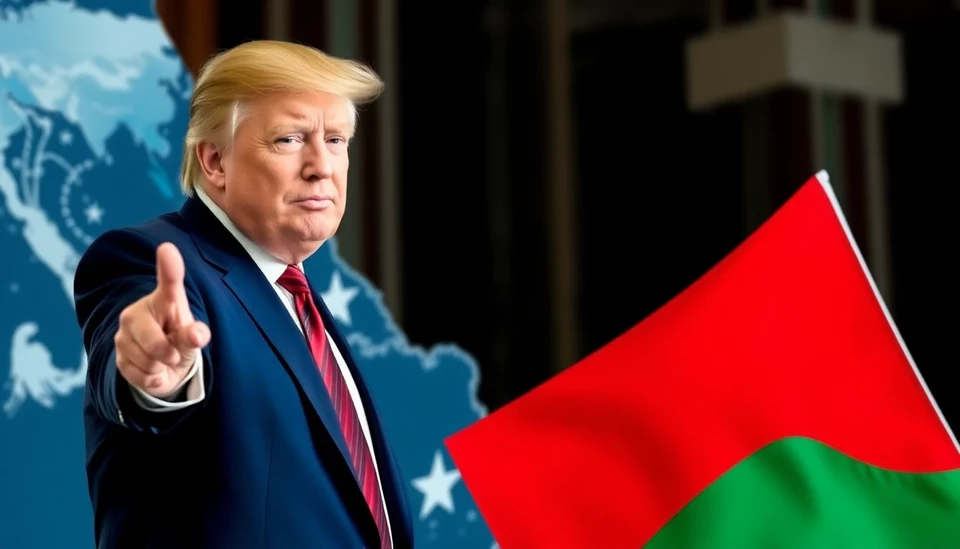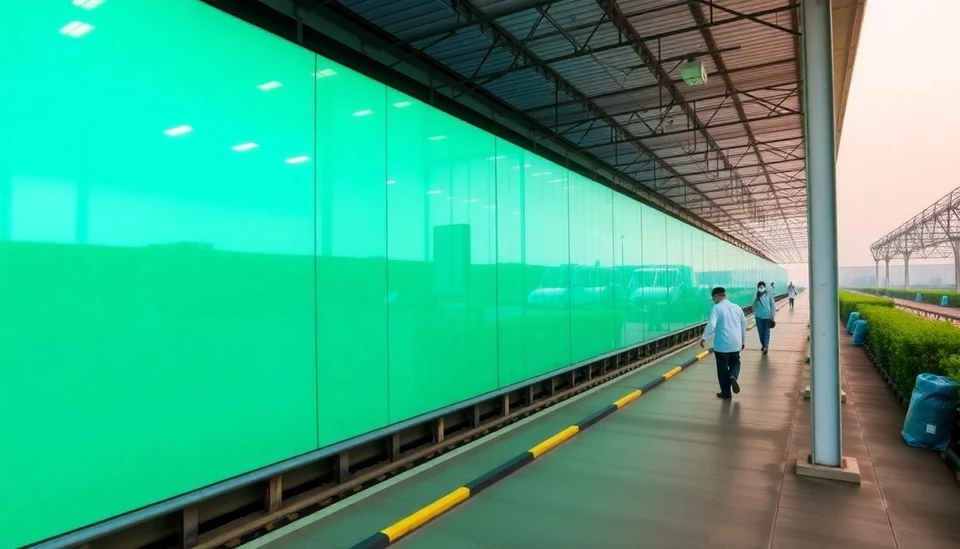
In a significant trade development, the Vietnamese government has proposed new tariff reductions aimed at bolstering its economic ties and encouraging foreign investments. This initiative primarily targets liquefied natural gas (LNG), automotive imports, and agricultural products. The move is seen as a strategic effort to enhance energy security, modernize transportation, and boost local agricultural markets.
The proposal is designed to cut tariffs on imported LNG, which Vietnam is keen to increase, in order to meet its growing energy demands. As the nation strives to transition to cleaner energy sources, these tariff cuts would stimulate the import of LNG, making it more economically viable for companies looking to invest in power generation infrastructure.
In addition to LNG, the Vietnamese government has also signaled a desire to lower tariffs on foreign-made automobiles. This move aims to foster a more competitive automotive market within Vietnam and provide consumers with a wider range of vehicle options. By reducing barriers for foreign car manufacturers, Vietnam hopes to attract leading automotive brands and promote technology transfer to its local industry.
Moreover, the proposed tariff reductions extend to agricultural goods, which underscores Vietnam's commitment to modernize its agricultural sector and reinforce its position as a global supplier of agricultural products. By lowering tariffs, the government intends to improve the competitiveness of its agricultural exports while ensuring that local farmers have access to high-quality foreign inputs.
This comprehensive tariff revision marks Vietnam’s response to ongoing globalization trends and addresses domestic economic pressures. It reflects the government's broader vision of integrating Vietnam more deeply into global supply chains and enhancing investment by creating a more open market environment.
As this proposal moves through the legislative process, stakeholders across various sectors will be monitoring the developments closely. Analysts predict that if implemented, these tariff cuts will significantly impact trade dynamics in Southeast Asia, fostering stronger relationships both regionally and with key international partners.
The Vietnamese government is optimistic that these adjustments will not only attract foreign investment but also stimulate domestic production and consumption, thereby enhancing overall economic growth.
#Vietnam #TradePolicy #TariffCuts #LNG #Automobiles #Agriculture #EconomicGrowth #ForeignInvestment
Author: Daniel Foster
